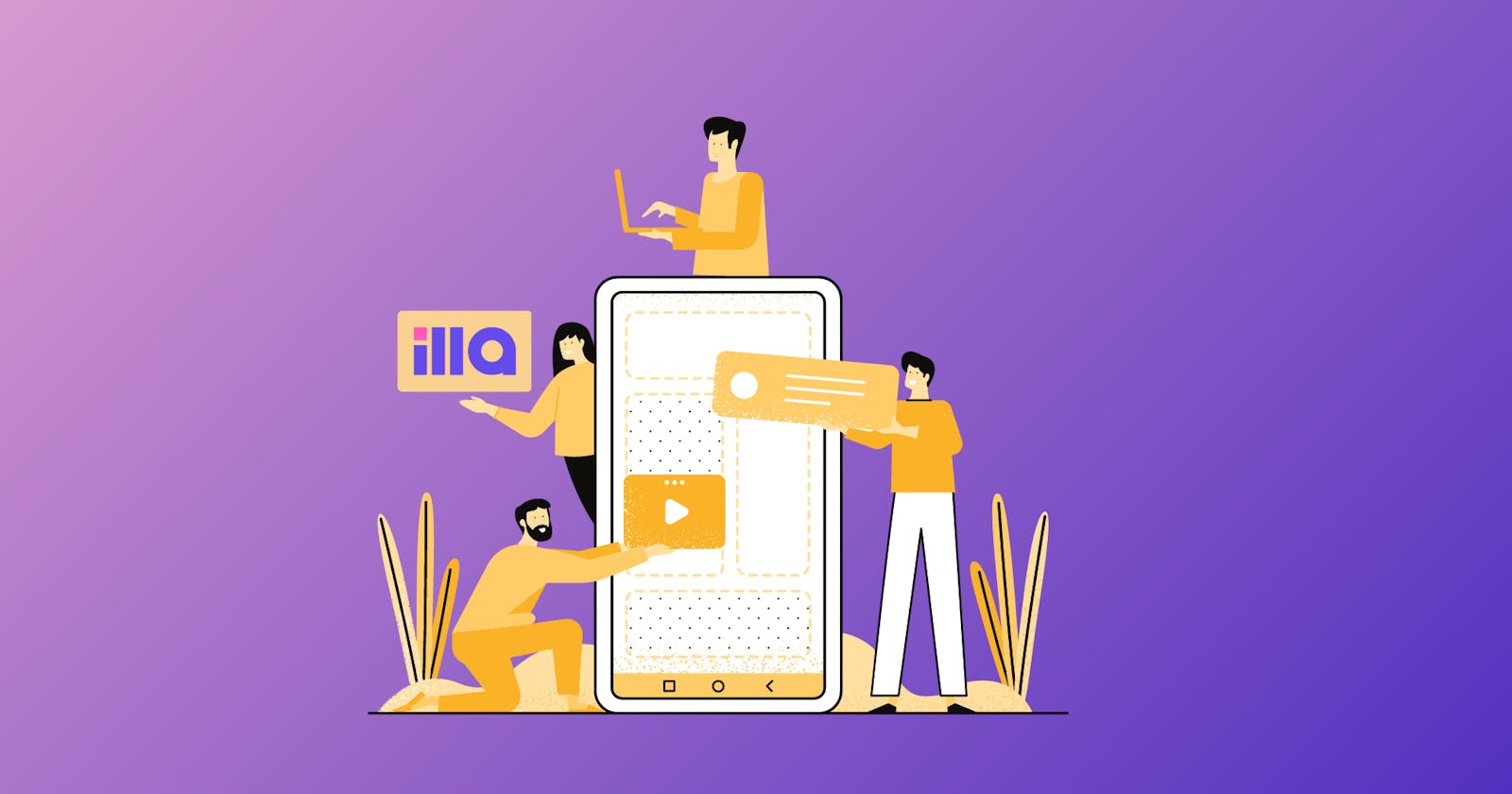According to a research report released by UBS on February 1st, ChatGPT, an AI language model developed by OpenAI, reached 100 million monthly active users in just two months after its launch. This is the fastest growth rate in history, beating the previous record set by Instagram, which took 2.5 years to reach the same milestone, and TikTok, which took 9 months.
As ChatGPT rapidly penetrates various industries, it is also changing their operational logic. In the field of education, a survey of students over 18 years old found that 89% used ChatGPT to complete their homework, and 50% used it to write their essays. This powerful AI application raises questions about whether it will liberate humans from complex mental work, cause chaos, or replace humans altogether.
The Power of ChatGPT as a Parrot-like AI and its Implications for Human Innovation
The ChatGPT AI tool has been rapidly growing and infiltrating various industries. It has become a top-notch “parrot” that has the potential to replace professionals whose jobs primarily involve reciting information.
The author, who asked an intern to test ChatGPT for strategic consulting purposes, found that the AI tool was highly skilled at blathering and citing sources to support its responses. However, its lack of expertise in specialized fields was easily exposed by more targeted questioning.
Despite its limitations, ChatGPT has already become a highly sought-after application with over 100 million monthly active users within two months of its launch, making it the fastest-growing consumer application in history.
Rather than threatening job security, the author believes that ChatGPT is a liberating technology. As a highly efficient "parrot," it can free up human workers to focus on more important tasks that require creativity and original thinking.
The author argues that, although humans are also highly proficient in "parroting," ChatGPT's capabilities are unparalleled due to its large corpus of data and advanced language models. By leveraging human language feedback to refine its responses, ChatGPT can provide accurate and relevant answers to a wide variety of questions.
While ChatGPT may reduce the workload of innovation professionals, it cannot create new knowledge or generate questions. It's essential to use ChatGPT to augment human expertise, and researchers should continue to enrich its corpus of knowledge and explore new applications for this technology.
In conclusion, while the rise of ChatGPT may seem alarming, it is essential to view it as an innovative tool that can augment human expertise, reduce unnecessary workloads, and allow individuals to focus on more valuable work.
The Potential Dangers of Over-Reliance on ChatGPT for Learning and Work
As artificial intelligence (AI) technology continues to develop, we are seeing a rapid increase in the capabilities of machines to perform tasks that previously required human intelligence. ChatGPT is one such example of AI technology that has the ability to generate text that is virtually indistinguishable from that of a human.
While this technology has tremendous potential to transform various industries, it also poses certain risks to our society. One of the biggest concerns is that as people become more reliant on technology like ChatGPT, they may lose their ability to think critically and independently.
This is especially true in China, where the culture emphasizes rote learning and memorization. With ChatGPT becoming readily available, many people may opt for the easier route of just asking the machine for answers instead of developing their own critical thinking and problem-solving skills. This could result in a generation of workers who are ill-equipped to handle new challenges and adapt to changing circumstances.
However, it's important to note that AI technology also has the potential to create new job opportunities. As technology advances, it will create new industries that require different sets of skills, and this could lead to the emergence of new jobs that we can't even imagine today.
For instance, the use of automated machinery in the manufacturing industry has created new jobs such as technicians and engineers who are responsible for designing, installing, and maintaining these machines. Similarly, as we continue to develop AI technology, we could see the emergence of new industries like data analysis and AI programming.
But there's a catch: many of these new jobs will require workers to possess a different set of skills than those currently in demand. With ChatGPT and similar technologies being able to perform certain tasks with greater accuracy and speed than humans, there is a risk that workers who are not equipped with the necessary skills could become obsolete.
Moreover, while AI technology has the potential to make our lives easier, it's important to note that it also poses certain risks. For instance, as people become more reliant on ChatGPT and other similar technologies, they may lose their ability to think critically and independently, which could be detrimental to their personal and professional growth.
Additionally, there's the possibility that the technology could generate misleading or false information, which could be catastrophic in situations where accurate information is crucial. This could result in catastrophic outcomes in fields like healthcare, finance, and law.
Conclusion
In conclusion, while ChatGPT and AI technology have the potential to revolutionize the way we work, they also pose certain risks to our society. As such, it's crucial that we approach this technology with caution and think carefully about how we want to shape our future. By doing so, we can help ensure that the benefits of AI technology are maximized, while minimizing the risks.

